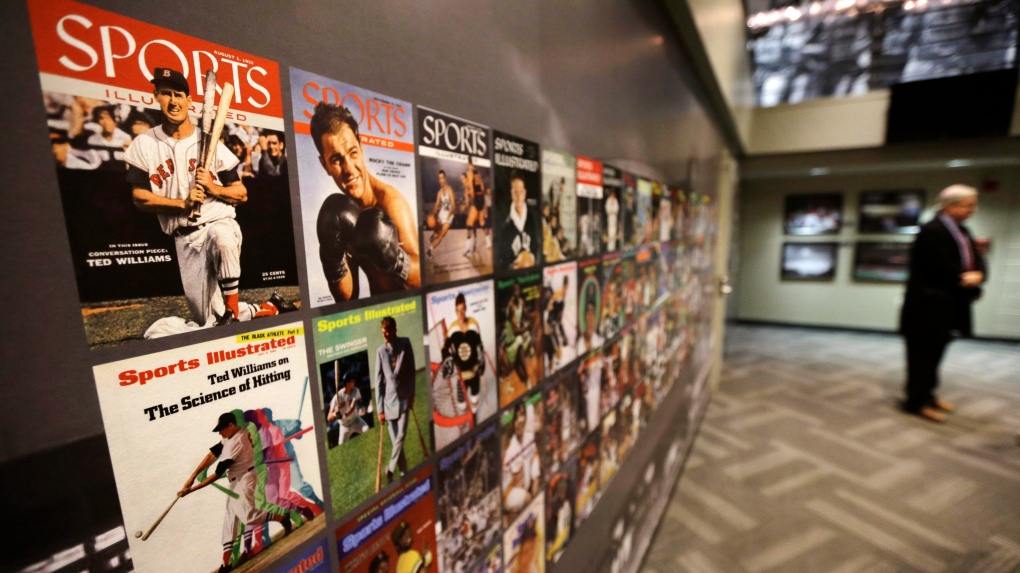Sports Illustrated on Monday said it had deleted several articles from its website after a report found the once-celebrated legacy magazine had published the pieces under fake author names and profile images generated by artificial intelligence.
The report, which was published by Futurism, found that the magazine had repeatedly published articles whose authors could not be found online outside the Sports Illustrated website. The articles were all accompanied by AI-generated profile photos that Futurism also found for sale on digital marketplaces that sell AI-produced headshots.
During the course of Futurism’s reporting, some of the alleged Sports Illustrated writers mysteriously vanished from the publication’s website — and their articles began appearing under the names of different authors who similarly didn’t appear to exist online and whose likenesses were also being sold on AI headshot marketplaces.
Following the publication of the report, a spokesperson for The Arena Group — which has operated and licensed Sports Illustrated since 2019 — told CNN that the deleted product review articles had been created by a third-party company, AdVon Commerce.
“We have learned that AdVon had writers use a pen or pseudo name in certain articles to protect author privacy — actions we don’t condone — and we are removing the content while our internal investigation continues and have since ended the partnership,” the spokesperson said.
Writers, editors, and researchers at AdVon create content following a policy that makes use of both counter-plagiarism and counter-AI software, the Arena Group spokesperson said.
“We continually monitor our partners and were in the midst of a review when these allegations were raised,” the spokesperson told CNN. “AdVon has assured us that all of the articles in question were written and edited by humans.”
AdVon did not respond to a CNN request for comment. But the questions raised Monday marked the second time in as many months that AdVon has found itself at the center of an AI publishing controversy.
In October, Gannett-owned Reviewed came under fire following reports it had used AI to produce stories. A similar investigation followed: The website contained several stories written by authors who couldn’t be found online and whose colleagues couldn’t confirm their existence. But Gannett denied the articles had been written with the use of AI.
Following Futurism’s report Monday, the Sports Illustrated Union, which represents staff writers for the magazine, said that its members were “horrified” by the allegations.
“If true, these practices violate everything we believe in about journalism,” the union said in a statement. “We deplore being associated with something so disrespectful to our readers.”
Sports Illustrated writers also reacted with disgust in social media posts.
“Along with basic principles of honesty, trust, journalistic ethics, etc. — I take seriously the weight of a Sports Illustrated byline,” Emma Baccellieri, a staff writer for the magazine, posted to X. “It meant something to me long before I ever dreamed of working here. This report was horrifying to read.”
“The practices described in the story published today do real damage to the credibility of the hardworking humans I have been honored to work with for the past 9 years,” added Mitch Goldich, another writer and editor at the magazine, posted on X.
The Arena Group is not the first publishing company to be ensnared by the rapid deployment of AI. Since the technology’s explosion on the commercial scene nearly one year ago, several news organizations have begun deploying AI to partially automate and expedite the publication of certain kinds of stories, with mixed results. For instance, the Online News Association has published a practical guide for newsrooms to navigate the technology.
Still, news organizations are typically wary of producing entire stories using AI, as Gannett learned this summer during an experiment with the technology in which the platform produced several botched high school sports articles.




